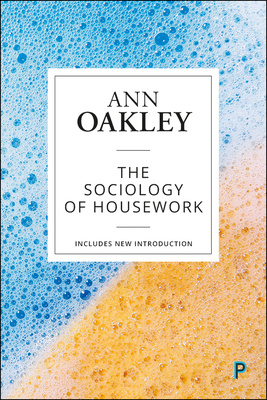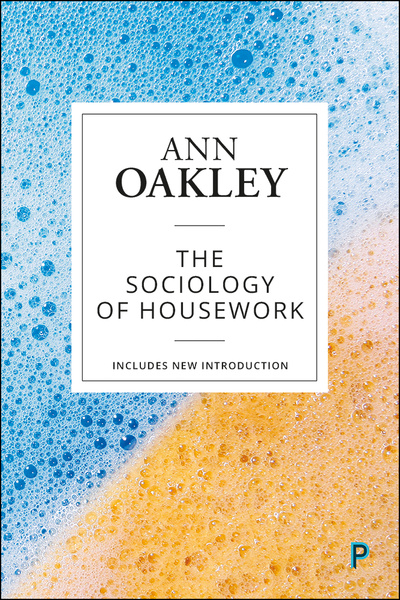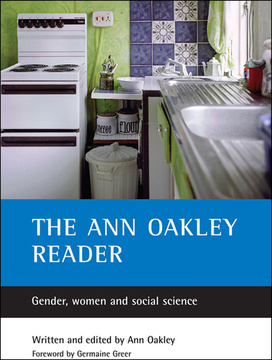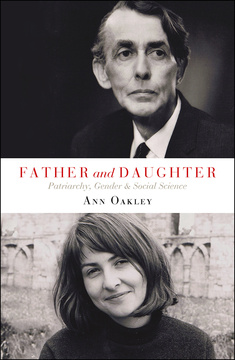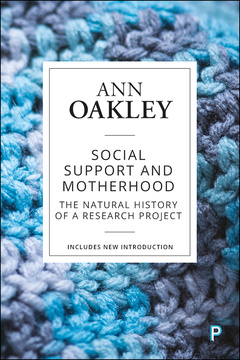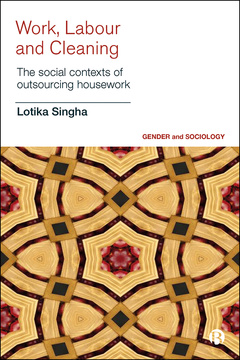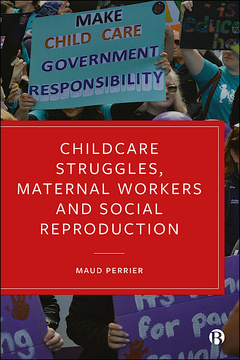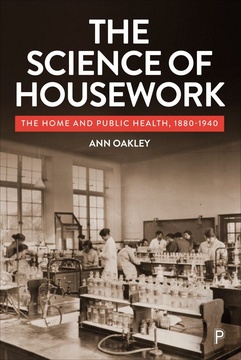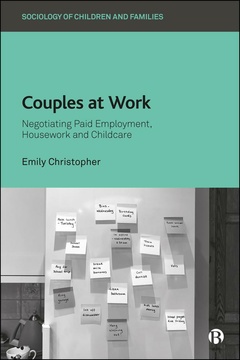The Sociology of Housework
By Ann Oakley
Published
Sep 11, 2019Page count
270 pagesISBN
978-1447349426Dimensions
234 x 156 mmImprint
Policy PressPublished
Oct 31, 2018Page count
270 pagesISBN
978-1447346166Dimensions
234 x 156 mmImprint
Policy PressPublished
Oct 31, 2018Page count
270 pagesISBN
978-1447349433Imprint
Policy PressPublished
Oct 31, 2018Page count
270 pagesISBN
978-1447349440Imprint
Policy PressIn this ground-breaking book, acclaimed sociologist Ann Oakley undertook one of the first serious sociological studies to examine women’s work in the home. She interviewed 40 urban housewives and analysed their perceptions of housework, their feelings of monotony and fragmentation, the length of their working week, the importance of standards and routines, and their attitudes to different household tasks. Most women, irrespective of social class, were dissatisfied with housework – an important finding which contrasted with prevailing views. Importantly, too, she showed how the neglect of research on domestic work was linked to the inbuilt sexism of sociology.
This classic book challenged the hitherto neglect of housework as a topic worthy of study and paved the way for the sociological study of many more aspects of women’s lives.
“Ann Oakley has uncovered the fascinating story of efforts to establish domestic science as a legitimate academic subject, once again bringing to bear her trademark perceptiveness, commitment, rigour and humour.” Graham Crow, University of Edinburgh
Ann Oakley is Professor of Sociology and Social Policy at the UCL Institute of Education. A social researcher for more than 50 years, and author of many academic publications, she is also well known for her biography, autobiography and fiction. She founded both the Social Science Research Unit and the EPPI-Centre at the UCL Institute of Education, and has a long-term interest in gender, welfare, and the shaping of public policy.
The Invisible Woman: Sexism in Sociology;
Description of Housework Study;
Images of Housework;
Social Class and Domesticity;
Work Conditions;
Standards and Routines;
Socialization and Self-Concept;
Marriage and the Division of Labour;
Children;
Conclusions.







